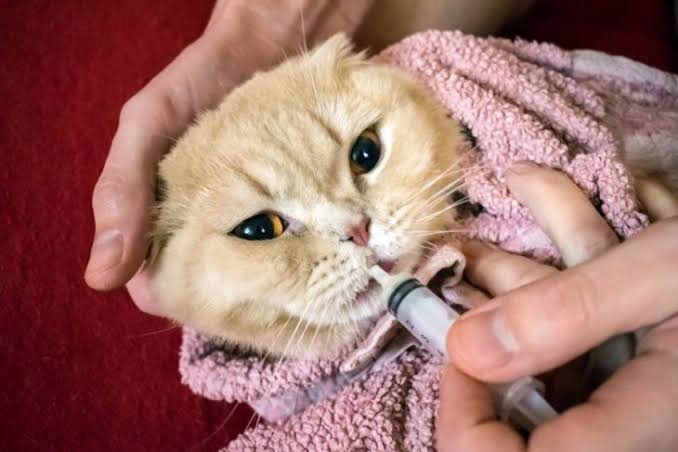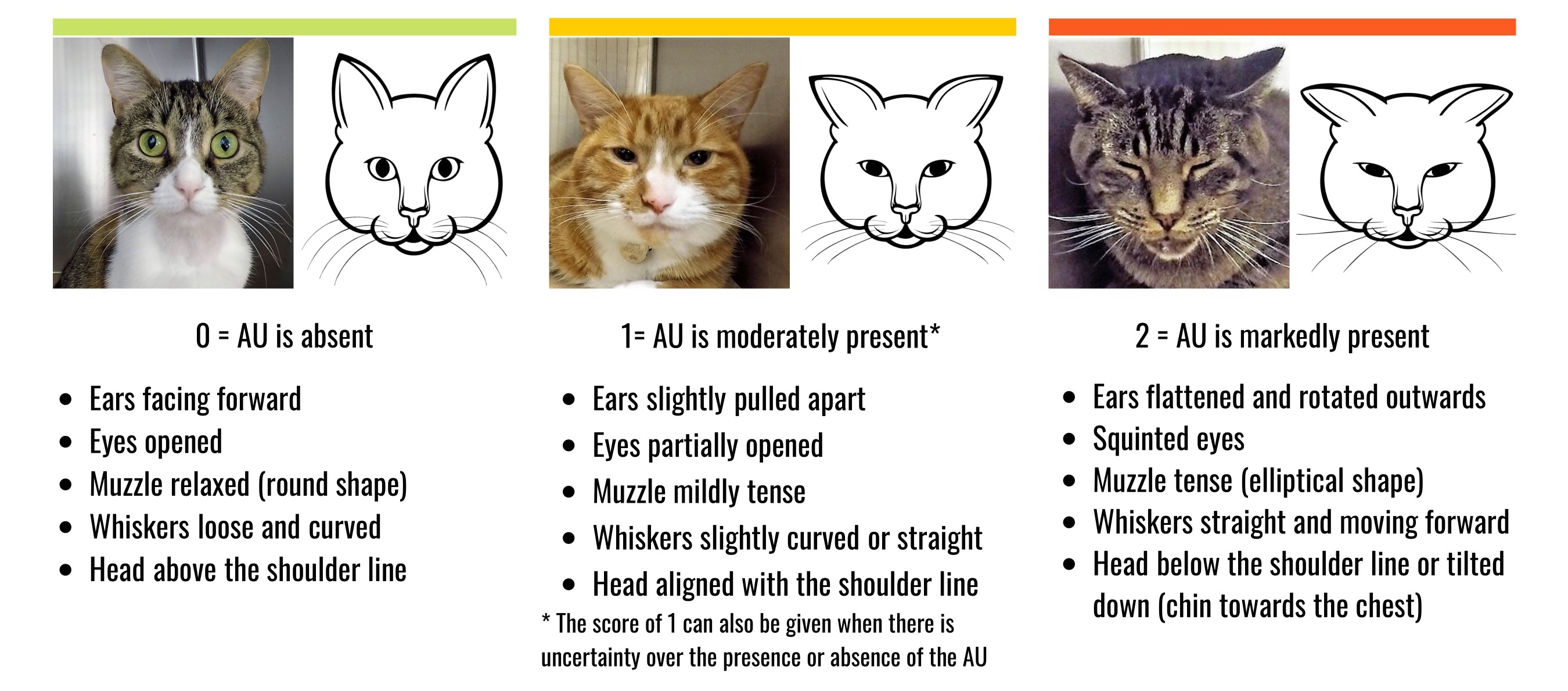Treatment For Stomatitis In Cats

Introduction
Comparison of treatment methods for stomatitis in cats
| Treatment Method | Description | Advantages | Disadvantages |
|---|---|---|---|
| Immune Support (e.g., Lysine) | Helps boost the cat's immune system | Safe for long-term use | Mild effect if used alone |
| Mouth Disinfection | Using antiseptic solutions to clean the cat's mouth | Reduces bacterial load | Needs to be done regularly, may not be sufficient alone |
| Antibiotics & Steroids | Temporary relief from inflammation and infection | Fast effect | Short-term solution, possible side effects |
| Full Dental Extraction | Surgical removal of all teeth | High success rate | Invasive procedure, recovery needed |
1. Feeding a Cat with Stomatitis
2. Disinfecting the Cat’s Mouth
- Chlorhexidine solution
- Diluted hydrogen peroxide
- Povidone-iodine solution
3. Ulcer Treatment
4. Antibiotics for Stomatitis
5. Supporting the Immune System
- Vitamin B-complex – supports metabolism and overall health.
- Vitamin C – boosts immunity and has anti-inflammatory properties.
- Vitamin E – helps reduce inflammation and supports tissue healing.
- Taurine – an essential amino acid critical for cats’ immune and heart health.
- Omega-3 fatty acids (e.g., fish oil) – reduce inflammation and support mucosal healing.
- L-lysine – helps manage viral infections such as feline herpesvirus, which can exacerbate stomatitis.
6. Pain Relief for Cats with Stomatitis
❓ Is pain relief necessary for cats with stomatitis?
✅ Yes, pain relief is often necessary for cats with stomatitis, as the condition can cause significant discomfort due to inflammation and ulceration in the mouth. The pain can make eating, drinking, and grooming difficult for your cat, so managing this discomfort is an important part of the treatment process.
❓ What pain relief medications are commonly used for stomatitis in cats?
✅ Nonsteroidal Anti-Inflammatory Drugs (NSAIDs): These are commonly prescribed to reduce inflammation and pain. NSAIDs such as Meloxicam or Robenacoxib are often used in cats to manage pain and inflammation. However, they should only be used under the guidance of a veterinarian, as they can have side effects on the kidneys and gastrointestinal system if not administered properly.
✅ Opioids: For severe pain, opioids like Buprenorphine may be prescribed. These are more potent than NSAIDs and are typically given for short-term pain management, particularly when stomatitis causes severe discomfort.
✅ Topical Pain Relief: Some veterinarians may recommend topical gels or ointments that can be applied directly to the affected areas in the mouth, such as Dentavedin, which can help soothe inflamed tissues and provide local pain relief.
❓ How long and how often should pain relief be administered?
✅ The duration and frequency of pain relief medications depend on the severity of the stomatitis and the specific treatment plan prescribed by your veterinarian.
For NSAIDs, they are often given once daily for a limited period, typically for 5-7 days, but your vet will determine the exact dosage and length of treatment based on your cat’s condition.
Opioids like Buprenorphine are usually given every 6-12 hours for short-term pain management.
✅ Always consult with your veterinarian before administering any pain relief medications to ensure they are safe and appropriate for your cat’s condition.
Conclusion
1) Colloidal Silver Propolis Spray;2) Licorice Root Tincture;3) Coconut Oil/Licorice Root Herbal Cream;4) Omega 3 Fatty Acids;5) CBD (Cannabidiol).
Frequently Asked Questions
What is stomatitis in cats?
✅ Stomatitis in cats is a painful inflammation of the mouth and gums, often causing discomfort, drooling, and difficulty eating. It can be caused by infections, allergies, or immune system issues.
How can I tell if my cat has stomatitis?
✅ Symptoms of stomatitis in cats include bad breath, drooling, pawing at the mouth, refusal to eat, and visible redness or swelling of the gums. If you notice these signs, consult your veterinarian for a proper diagnosis.
Can stomatitis in cats be treated at home?
✅ While home care, such as soft food and cleaning the mouth with antiseptic solutions, can help manage symptoms, stomatitis often requires veterinary intervention. Your vet may prescribe antibiotics, pain relievers, or other treatments.
What is the best diet for a cat with stomatitis?
✅ A liquid or soft food diet is best for a cat with stomatitis. Avoid dry food, as it can irritate the mouth further. Broths, pureed soups, and soft cereals are recommended. Ensure your cat stays hydrated to avoid complications.
Are antibiotics necessary for stomatitis?
✅ Antibiotics are often used to treat infections associated with stomatitis, especially in severe cases. Medications like erythromycin or oxytetracycline may be prescribed to manage ulcerative or gangrenous stomatitis.
Can vitamins help my cat recover from stomatitis?
✅ Yes, vitamins such as Vitamin C, Vitamin B-complex, Vitamin E, and Omega-3 fatty acids can support your cat's immune system and aid in recovery. Always consult your vet before adding supplements to your cat’s diet.
How can I prevent stomatitis from recurring in my cat?
✅ Regular dental care, including professional cleanings, brushing your cat’s teeth, and using dental treats or water additives, can help prevent stomatitis. Ensuring a balanced diet and maintaining your cat’s overall health are also important for prevention.
What should I do if my cat refuses to eat or drink due to stomatitis?
✅ If your cat refuses to eat or drink, you can use a syringe to administer liquid food or water gently. However, consult your vet for further guidance, as dehydration and malnutrition can complicate recovery.
Can stomatitis lead to serious health problems?
✅ If left untreated, stomatitis can lead to severe pain, difficulty eating, and weight loss. In extreme cases, it may contribute to systemic infections, so it's important to treat it promptly with the help of a veterinarian.
